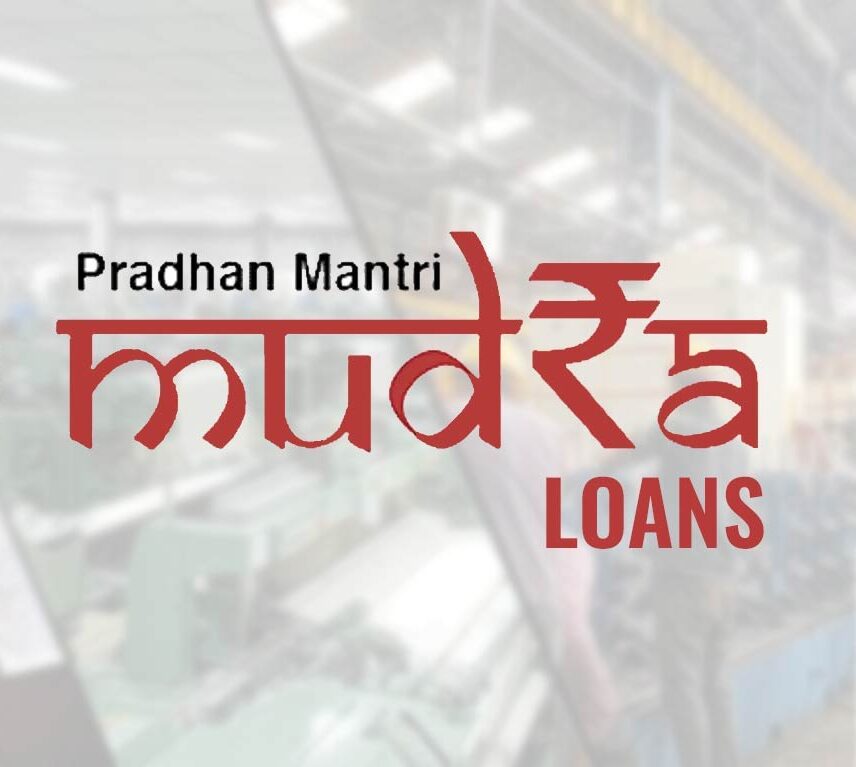
The Pradhan Mantri Mudra Yojana (PMMY), launched on April 8, 2015, in collaboration with MUDRA (Micro Units Development and Refinance Agency Ltd), aims to provide financial support to income-generating small business enterprises across India. Under this scheme, all banks are mandated to offer loans up to ₹10 lakh to micro-entrepreneurs engaged in various income-generating activities, regardless of MUDRA refinance support. Additionally, credit guarantee support is available, providing a safety net for borrowers.
MUDRA loans initiated since April 8, 2015, are eligible for coverage under the Credit Guarantee Fund for Micro Units (CGFMU), which was notified on April 18, 2016.
This initiative ensures that micro-enterprises have access to financial assistance with reduced risk, encouraging entrepreneurship and economic growth.
The lending under the Pradhan Mantri Mudra Yojana focuses on three segments:
Shishu: Loans up to ₹50,000, catering to small-scale businesses and startups at their initial stages.
Kishore: Loans ranging from ₹50,001 to ₹5 lakh, targeting businesses that have grown beyond the startup phase and require additional capital for expansion.
Tarun: Loans ranging from ₹5,00,001 to ₹10 lakh, aimed at established businesses looking to scale up their operations significantly.
By providing financial support to micro-entrepreneurs through PMMY, the government aims to foster significant contributions to the nation’s GDP while promoting entrepreneurship, job creation, and economic empowerment at the grassroots level.
Incorporating a startup in India usually involves several key steps. These steps typically include registering the business name, acquiring a Director Identification Number (DIN) and Digital Signature Certificate (DSC), preparing the Memorandum of Association (MoA) and Articles of Association (AoA), and submitting the incorporation documents to the Registrar of Companies (RoC).
Registering as an MSME brings forth a host of advantages, including access to government schemes and subsidies, priority sector lending, protection against delayed payments, eligibility for tax benefits, and expanded market opportunities.
A private limited company stands as an independent legal entity, affording its owners limited liability protection and accommodating multiple shareholders. On the other hand, a sole proprietorship represents an unincorporated business solely owned and managed by an individual, offering simplicity but lacking limited liability protection.
Indeed, obtaining a PAN (Permanent Account Number) is mandatory for incorporating a startup in India. PAN serves various tax and regulatory purposes, including opening a bank account, filing tax returns, and conducting financial transactions.
Absolutely, foreign nationals and Non-Resident Indians (NRIs) are permitted to incorporate a startup in India. However, specific conditions and regulatory prerequisites, such as obtaining requisite approvals, may be applicable depending on the nature of the business and the residency status of the foreign national.
Empowering Businesses for Unparalleled Success through Innovative Strategies, Dedication to Excellence, and Customized Solutions Tailored to Your Needs.
Note: Payments for services are only accepted in the name of Utkrasht Udhyog Seva Private Limited and the type of account is solely “Current Account” via NEFT/IMPS, RTGS , Razorpay and we do not accept payments on personal accounts or under any other name.
Chat with us